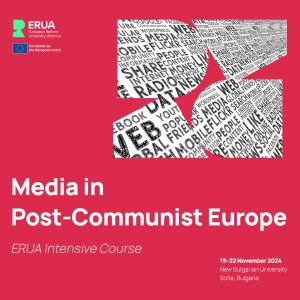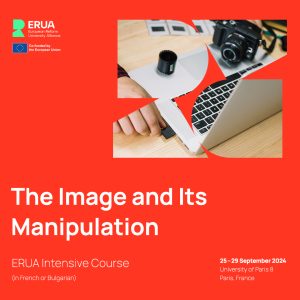The study of the material culture of the Balkans and the Eastern Mediterranean in Late Antiquity requires an interdisciplinary approach, encompassing a series of humanities and social sciences. The course aims to present the archaeological evidence on a series of topics related with historical processes in Late Antiquity. We tackle topics such as the sphere of political and cultural influence of the East Roman Empire and the role of overland and maritime transport for economic and cultural interaction. In our focus will come Late Antique cities, starting with Rome and continuing with Antioch, Alexandria, Thessaloniki, Athens, Corinth, Serdica, Philippopolis and others. The evidence on their urban planning will be use to shed light on issue of politics and economics. Types of production, trade, agriculture and stock breeding are among the topics we will be talking about. Economy will lead us to the study of Late Antique vici and villas.
The course continues with the archaeology of military units, tactics, armament, weapons, fortifications (such as the Anastasian Wall and others).
One of the most important innovations of Late Antiquity is Christianity and of course the archaeology of churches, episcopal complexes and monasteries are given a special attention together with burial rites. The course will end with a survey of religious and secular art in the Balkans and the Eastern Mediterranean.
Duration: 18 days





